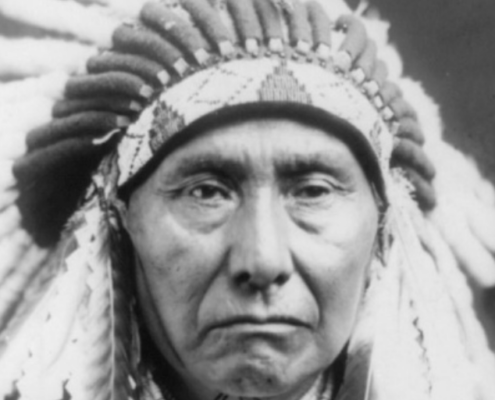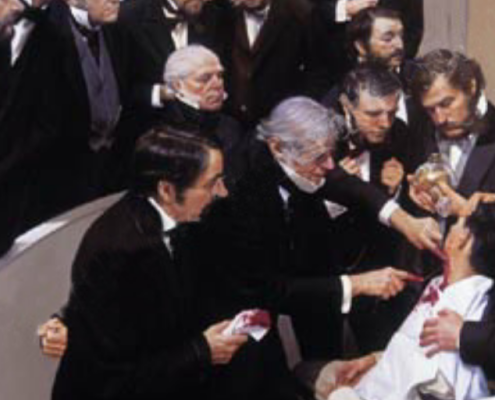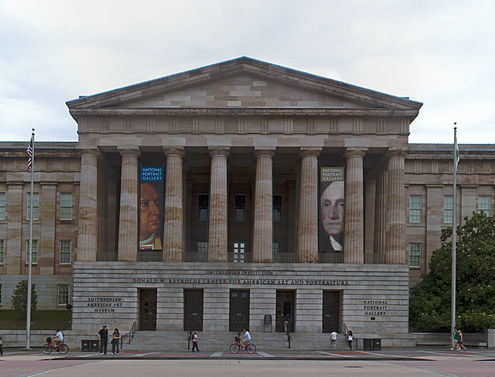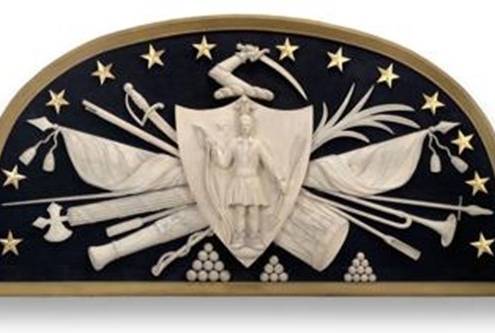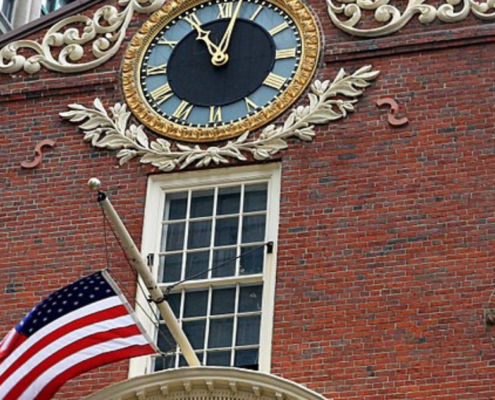Poll: Parents, Teachers, Legislators Support Reinstating Passage of U.S. History MCAS Test as High School Graduation Requirement
Strong majorities of parents, history and social studies teachers, and legislators in Massachusetts support restoring passage of a U.S. history MCAS test as a high school graduation requirement, according to a new poll of the three groups commissioned by Pioneer Institute.
“Support for the U.S. history graduation requirement has remained strong despite the anti-testing backlash we’ve seen in recent years,” said David Paleologos, president of DAPA Research, who conducted the poll.
Strong majorities of parents and teachers, and a plurality of legislators also opposed changing the Commonwealth’s U.S. history education standards, which are considered to be among the nation’s finest.
Parents were the most in favor of restoring the U.S. history graduation requirement, with 68 percent either strongly or somewhat supportive, followed by 65 percent of history and social studies teachers. Among legislators, 56 percent were either strongly or somewhat supportive.
In 2010, Massachusetts adopted inferior English and math standards, known as Common Core, and last year the Commonwealth adopted watered-down science standards. The state Board of Elementary and Secondary Education (BESE) is scheduled to vote on jettisoning the Bay State’s U.S. history standards later this month.
For the class of 2012, U.S. history was scheduled to join English and math as subjects requiring MCAS test passage to graduate from high school, but the measure was postponed and has never been reinstated. Massachusetts is one of only nine states that doesn’t have a history and civics requirement.
“Twenty-five years ago, when we crafted the 1993 Massachusetts Education Reform Act (MERA), the law was not overly prescriptive about academic content,” said MERA co-author and Pioneer Institute Distinguished Senior Fellow Tom Birmingham. “But we were quite clear that the fundamentals of U.S. history should join English, math, and science as a core academic subject that’s taught and tested for the state graduation requirement.”
Pioneer commissioned a similar poll in 2012. Since then, support for the U.S. history graduation requirement has grown among parents (59 to 68 percent) and teachers (63 to 65 percent), and is down among legislators (64 to 56 percent).
At least 80 percent of each category of respondents, including 96 percent of legislators, agreed that Massachusetts public schools should focus more on educating students in U.S. history.
More than four out of five (82 percent) teachers affirmed that there is a connection between subjects that are tested and those that are taught in schools, while 71 percent of parents saw a correlation between students not being required to pass a history test and the fact that Massachusetts students don’t tend to perform as well in history as they do in English, math, and science.
When BESE postponed the U.S. history graduation requirement in 2009, they cited the $2.4 million cost of administering the test. Nearly 9 out of 10 (88 percent) legislators responding to the recent poll said the money to administer the test could be found within the $9.5 billion annual taxpayer investment in public education.
DAPA Research conducted the statewide surveys of 500 parents, 150 teachers, and interviews with 25 Massachusetts legislators. The poll of parents was conducted May 19- 25, 2018 and has a margin of error of 4.4 percentage points.
About Pioneer
Pioneer Institute is an independent, non-partisan, privately funded research organization that seeks to improve the quality of life in Massachusetts through civic discourse and intellectually rigorous, data-driven public policy solutions based on free market principles, individual liberty and responsibility, and the ideal of effective, limited and accountable government.






